In a candid acknowledgment of the challenges faced by Zambians, Finance and National Planning Minister Situmbeko Musokotwane presented the 2025 national budget, a substantial K217 billion plan designed to address the pressing drought-induced difficulties affecting the nation.
During his detailed address to Parliament in Lusaka on Friday, Musokotwane emphasized the necessity for innovative revenue-generating strategies to bolster the economy and improve the livelihoods of citizens grappling with these adversities.
The proposed 2025 budget represented a significant increase from the previous year’s K177.9 billion, which had already been supplemented by an additional K41.9 billion aimed at mitigating the adverse impacts of the ongoing drought.
Recognising the urgency of the situation, Musokotwane laid out a comprehensive strategy to secure funding for the budget.
To finance this ambitious budget, he outlined plans to mobilize K174.2 billion through domestic revenue, while also seeking K8.2 billion in grants from cooperating partners.
The remaining K34.7 billion was to be raised through borrowing, reflecting the government’s commitment to addressing fiscal challenges head-on.
In a bid to ensure the planned funds were collected efficiently, Musokotwane introduced several key revenue-generating measures.
Among these was a proposed Advance Income Tax set at 15 percent on remittances exceeding US$2,000, specifically targeting transactions conducted without a valid Tax Clearance Certificate.
This measure is aimed to combat illicit financial flows and ensure compliance among businesses.
The Advance Income Tax would also apply to non-compliant exporters.
Additionally, Musokotwane announced an upward revision of the corporate income tax rate from 15 percent to 20 percent on profits derived from the export of non-traditional products and value-added copper cathodes.
“The harmonisation is aimed at unifying the income tax regime over the medium term,” he said, highlighting the need for a streamlined approach to taxation.
Other notable proposals included the introduction of a K2,500 fee for resident permit holders who remain outside Zambia for more than six months, aligning with international standards.
Musokotwane also proposed a 10 percent excise duty on betting amounts and a significant increase in excise duty on non-alcoholic beverages from the current 60 ngwee to K1 per litre.
Furthermore, he suggested a 20 percent increase in the bands for presumptive tax on motor vehicle operators transporting passengers.
These measures are strategically designed to support the government’s goal of achieving a 6.6 percent real Gross Domestic Product (GDP) growth in the coming year.
The government was also committed to maintaining an inflation target range of six to eight percent in the medium term.
Alongside these objectives, Musokotwane outlined macroeconomic goals that included reducing the fiscal deficit to 3.1 percent of GDP and limiting net domestic borrowing to 1.9 percent.
Musokotwane’s presentation may not only reflect the government’s awareness of the current economic hardships but also underscored a proactive approach to fostering resilience and stability in the face of ongoing challenges.
Through strategic planning and innovative fiscal policies, the 2025 national budget is expected to pave the way for a more sustainable and prosperous future for all Zambians.
WARNING! All rights reserved. This material, and other digital content on this website, may not be reproduced, published, broadcast, rewritten or redistributed in whole or in part without prior express permission from ZAMBIA MONITOR.



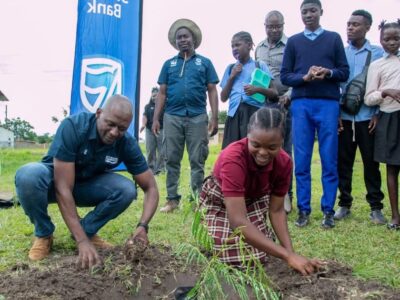
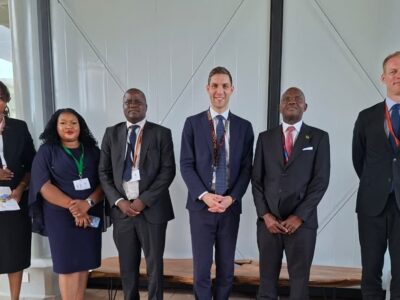

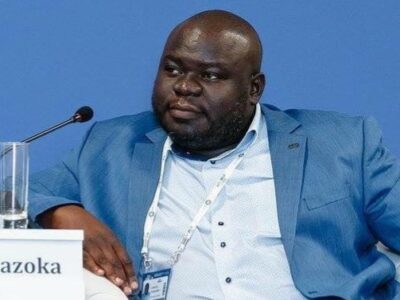
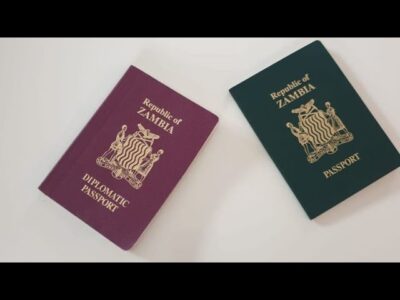



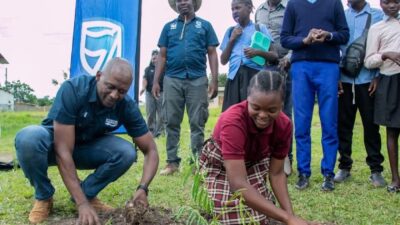

Comments